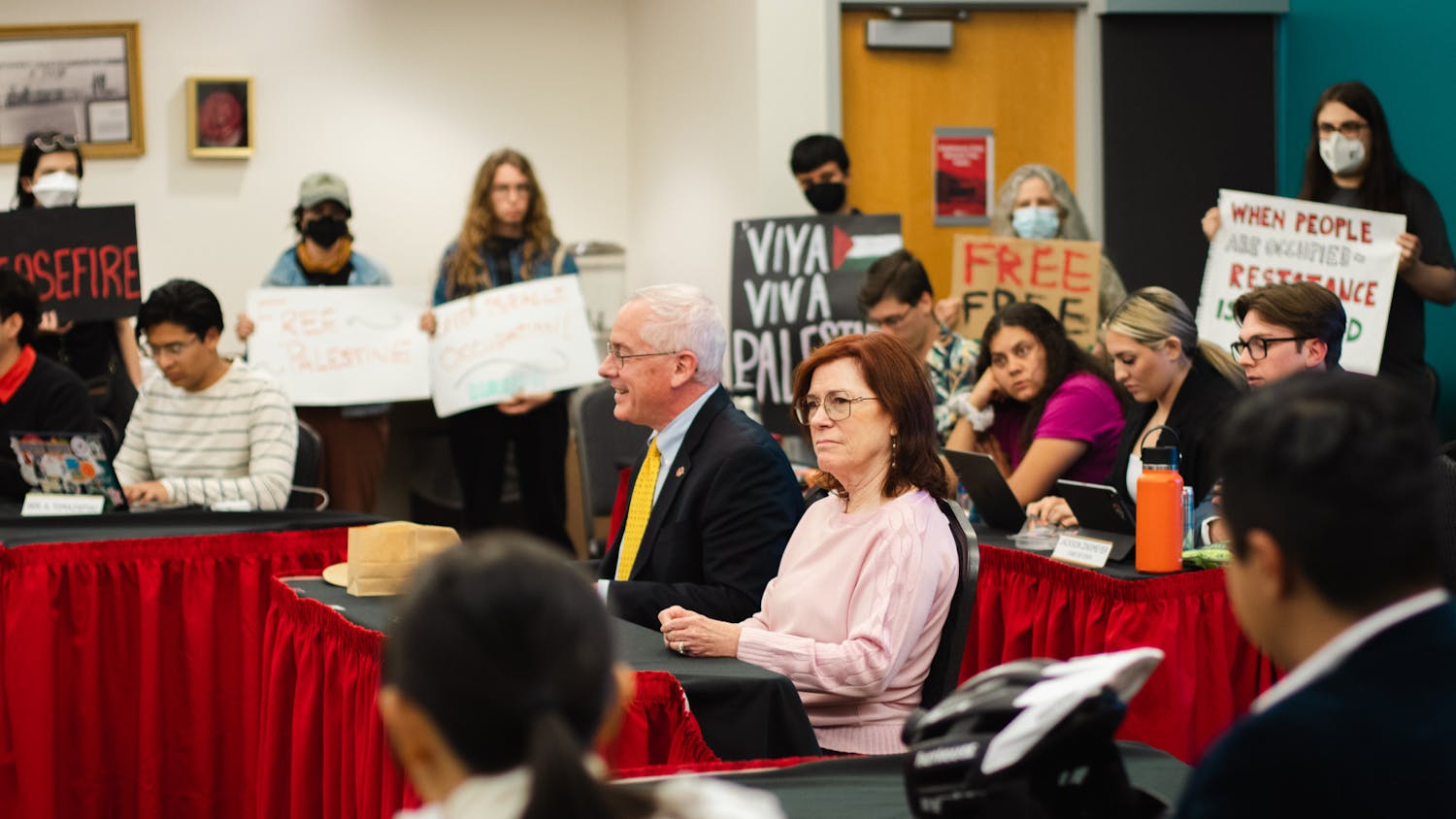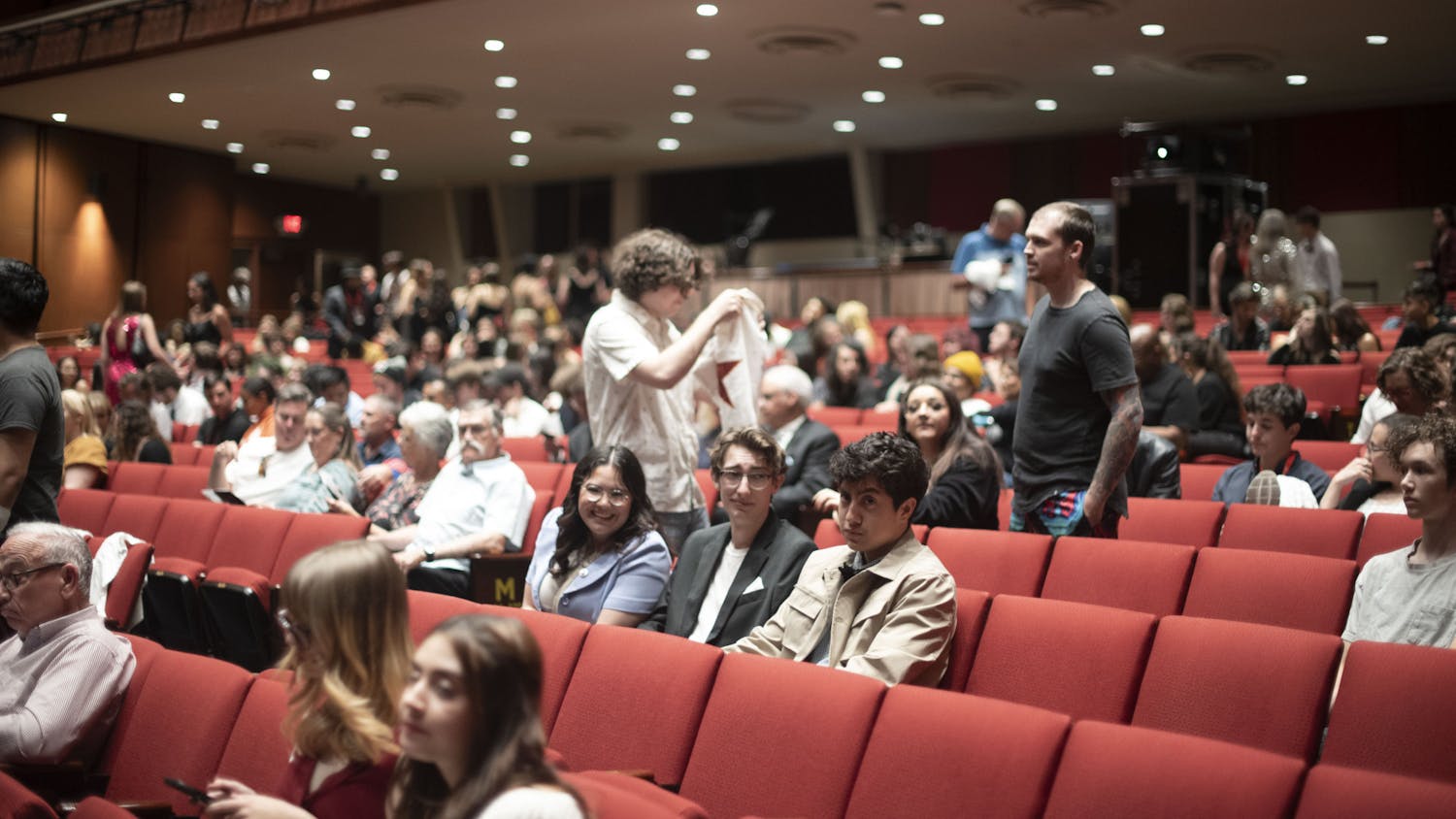Most people would probably agree Lobo student-athletes should not use dangerous substances such as illegal street drugs or steroids.
The University of New Mexico’s Student Athlete Handbook states, “the use of drugs or narcotics not prescribed by a physician is prohibited and a violation of (our) policy.”
To enforce that policy, the UNM President’s Office recently committed $23,000 to a new student-athlete drug testing program to be conducted by Aegis Sciences Corporation. In a purchase order dated Sept. 14, 2017, Margaret Davis, administrative officer for the Office of the President and Main Campus Compliance Office, described the purpose of the order as “random drug testing program for Athletics managed by Main Campus Compliance Office.”
Yet, almost two months later, despite repeated inquiries, details of the new drug testing program have not been forthcoming.
According to comments from the President’s Office obtained through University Communication and Marketing Director Steve Carr, “A final determination on what type of testing will be administered will be made by Eddie Nuñez (the new athletics director), who is currently in the developmental phase of planning.”
Frank Mercogliano, a sports information director and assistant athletic director for Communications, echoed those sentiments.
“Anything said regarding (the plan) would be premature,” Mercogliano said.
Several attempts were made to get a statement from Nuñez, but there has been no response.
According to a fee schedule obtained by filing a request through the New Mexico Inspection of Public Records Act, the $23,000 estimate appeared to be calculated based on the cost of collecting, shipping and testing 500 urine samples of a “4-Drug Class Profile Zero Tolerance Comprehensive Profile.”
This 4-drug class profile, according to Aegis Sciences business documents, is designed to test for amphetamines, opiates, marijuana and cocaine/crack. The President’s Office also obtained price quotes that included 500 tests for “Synthetic Cannabinoids,” also known as “Spice,” and a “Comprehensive Anabolic Steroid Profile.”
With the addition of these substances, the total cost of testing would have apparently been as high as $42,000, but the final purchase order opted for the lesser figure.
It is unclear why the University settled on 500 tests, unless the Athletics Department plans to test every student-athlete at least once.
Get content from The Daily Lobo delivered to your inbox
Associate Athletics Director for Compliance Eric Schultz said UNM had 475 “athletes on roster” at the beginning of the year, but “this number has gone up” and is “fairly fluid and changes weekly.”
However, the President’s Office, when asked for comment on whether this meant that UNM intended to test all student-athletes, said, through University Communications and Marketing, “500 was a reference point, not a definitive quantity.”
The office declined to provide additional details about why the number 500 was picked.
As the scope of the drug problem as well as the types of drugs most likely to be abused haven’t been identified, it is unclear why the amount of money requested was so specific.
Professor James Degnan, the director of the UNM Statistics Consulting Clinic, was asked to address such questions.
Degnan confirmed that if UNM wanted to determine if a problem existed, a much smaller number of athletes out of a population of about 500 could be tested. He said that for a sample of 100, “based on a 95 percent confidence interval” on the low end, “the margin of error would be about 5 percent.”
Testing a smaller number of student-athletes to see if there is a widespread issue would seem to make more sense before sinking so much money into testing, said SSC graduate statistics consultant Zach Stuart.
“Find out if there is a problem first, and go from there,” he said.
Conducting 100 such tests would only cost $4,600, which would save $18,400 over what is currently budgeted.
If a drug abuse problem was uncovered, that data might provide valuable guidance on how the Athletics Department should proceed. This smaller sample group could also be tested for substances like anabolic steroids and spice with the cost, according to the figures provided by Aegis Sciences, still be substantially below the $23,000 price tag.
It hasn’t yet been explained why this plan involving tens of thousands of dollars of public money has been developed with so few details available to the public and no apparent timeline for completion.
The Daily Lobo will continue to investigate this issue.
Aaron Cowan is a volunteer sports reporter for the Daily Lobo. He primarily covers volleyball and men’s and women’s golf. He can be contacted at sports@dailylobo.com or on Twitter @AaronTCowan.





